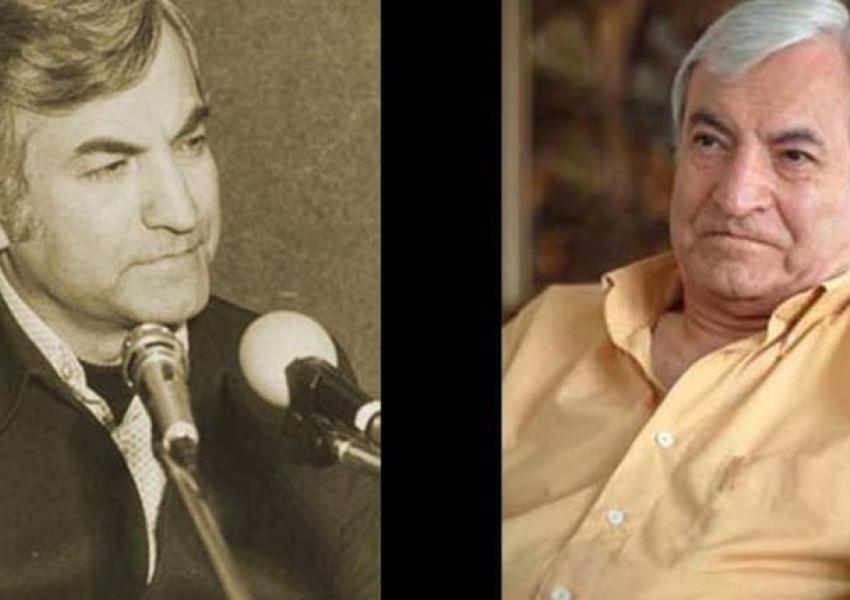
Children of Amir-Entezam sue the Islamic Republic in U.S Federal Court
Ardeshir, Anushirvan, and Elham Amir-Entezam the three children of Abbas Amir-Entezam, the former spokesperson for the transitional government after the Islamic Revolution who was incarcerated for almost three decades after the Revolution, have brought a lawsuit against the Islamic Republic and the Islamic Revolutionary Guard Corps (IRGC) for “incarceration, torture, and causing conditions that led to their father’s death” in an American Federal Court in Washington.
In 2014, at Mohammad Nourizad’s art exhibition, Amir-Entezam said that he has not seen his children for 37 years.
The lawsuit has been filed on the first anniversary of Abbas Amir-Entezam. Ardeshir, Anushirvan, and Elham were 2, 6, and 9 years old at the time of their father’s arrest.
Amir-Entezam was the deputy prime minister and the spokesperson for the transitional government of Mehdi Bazargan. He also served as Iran’s ambassador to Sweden and other Scandinavian countries for a brief period. In December of 1979, he was summoned back to the country by the foreign ministry in a plot to arrest him, and although he was warned about the risks of going back to Iran, he returned and was arrested on the charges of “conspiracy to abolish the Assembly of Experts, opposition to (the regime based on) the Supremacy of the Ayatollah, allowing the previous regime’s officials to escape, and delivering classified information to the United States.”
He was initially sentenced to death, which was later reduced to life in prison. He was incarcerated without parole until the mid-1990s in terrible conditions and his requests for appeal were all denied.
After going on temporary leave from prison, he referred to the former warden of Evin Prison, Asadollah Lajevardi” as “the executioner (butcher)”. He was then sued by Lajevardi’s family and was returned to prison again.
Amir-Entezam was sent on sick leave in the early 2000s, but after proposing the idea of a referendum, he was once again arrested and sent to prison in 2003.
He spent his last few years outside the prison, but he was denied most social rights and was not allowed to leave the country.








